

Kenya’s intelligence chief Philip Kameru has joined several of Uhuru Kenyatta’s other advisors in urging him to distance himself from his supposed ally Raila Odinga. Kameru, one of President...


Auditor General Nancy Gathungu has raised the red flag over contaminated maize worth Sh1.34 billion at the Strategic Food Reserve Trust Fund (SFRTF) after it was...


A businessman whose company was listed in the Credit Reference Bureau (CBR) as a defaulter over a debt of Sh24 has lost the bid to have...


LONDON (Reuters) – Meghan, the wife of Prince Harry, accused the British royal family of racism, lying and pushing her to the brink of suicide, in...


Kenya’s only home-grown automaker, Mobius Motors, is facing financial difficulties that has seen it seek court protection from the Kenya Revenue Authority (KRA) tax demands that...


The Israeli branch of U.S.-based Verint Systems Inc. provided the South Sudanese government with surveillance equipment to intercept communications devices, although the country has a long...


Trouble wave has hit the shores of handshake shore with ODM leaders coming out gun blazing in what has now become apparent as an internal fight...
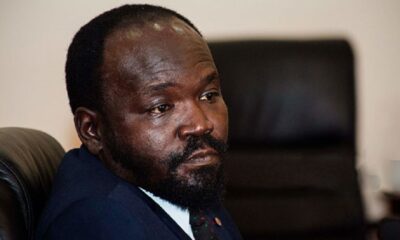

South Sudan’s minister of humanitarian affairs and disaster management Peter Mayen was forcefully pushed off a plane on Saturday by passengers after he forced himself through...
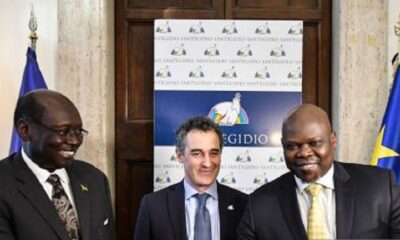

Peace negotiations between the government of South Sudan and holdout opposition alliance faction, SSOMA’ led by General Paul Malong Awan and Pagan Amum will start in...


Twitter boss Jack Dorsey is selling his first tweet at auction, with bidding Saturday reaching $2 million in a sign of the appetite for virtual objects...
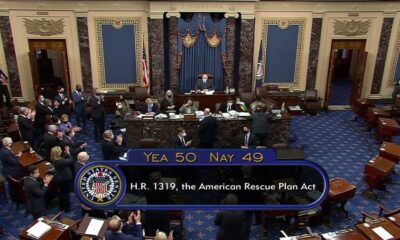

WASHINGTON (AP) — The Senate approved a sweeping pandemic relief package over Republican opposition on Saturday, moving President Joe Biden closer to a milestone political victory...


By Scilla Alecci Malta is reportedly demanding payment of more than $275,000 total in taxes and fines from a telecom consultancy firm owned by Angolan billionaire...


Africa’s booming economies and population have created lucrative opportunities for international players, making the continent a hotbed of geopolitical competition over the past decade. The International...


Jambo Biscuits Limited will now pay Britannia Sacco Sh 37.7 million, monies deducted from employees of biscuit manufacturer but which were not remitted to the Sacco....


Over the past two weeks, the rapper struck deals to sell his boutique music streaming service and half of his champagne brand Armand de Brignac, adding...


A Democratic congressman filed a lawsuit on Friday against former president Donald Trump, his son Donald Jr, his lawyer Rudy Giuliani and a Republican lawmaker for...


Jumia Online store is currently embroiled in a self instigated war with a section of Kenyan influencers that the company has been using to market their...


Twitter is once again working on updates that no one wants, and ignoring basic functions prevalent on other social media platforms that its users have been...
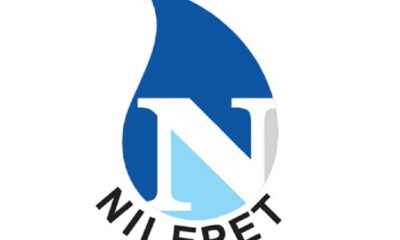

It was on 16 September 2020 when Dr. Chol D.T Abel was relieved from his duties as Managing Director of Nile Petroleum Corporation known as (NilePet)...
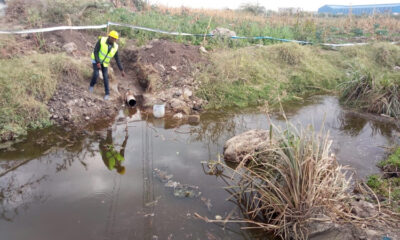

In yet another episode of a familiar story, a parliamentary committee has threatened to push for the withdrawal of the operations license for London Distillers Kenya...